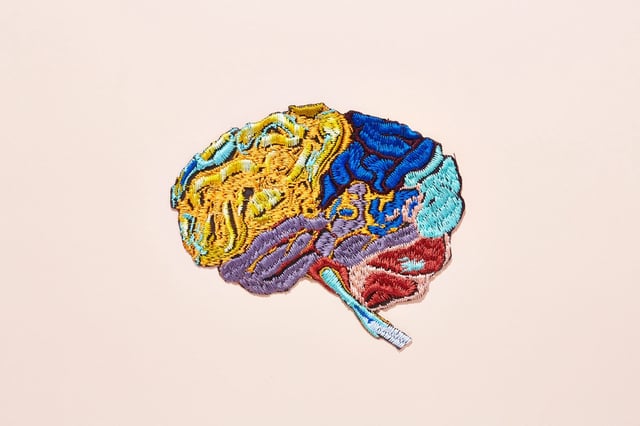Overview
- The test quantifies biological age across 11 organ systems by measuring organ-specific protein signatures in blood samples from nearly 45,000 UK Biobank participants.
- Individuals with extremely aged brains face a 182% higher risk of death over 15 years and are roughly 12 times more likely to develop Alzheimer’s disease, while those with extremely youthful brains see a 40% reduction in mortality.
- Organ-specific age gaps also predict related health outcomes, including increased heart failure risk with an aged heart and higher COPD incidence linked to aged lung profiles.
- Preliminary findings associate lifestyle factors—such as regular exercise and non-smoking—with younger organ ages, prompting further studies on modifiable behaviors.
- Stanford researchers plan to commercialize the proteomic blood test within three years, initially targeting the brain, heart and immune system for early clinical deployment.



